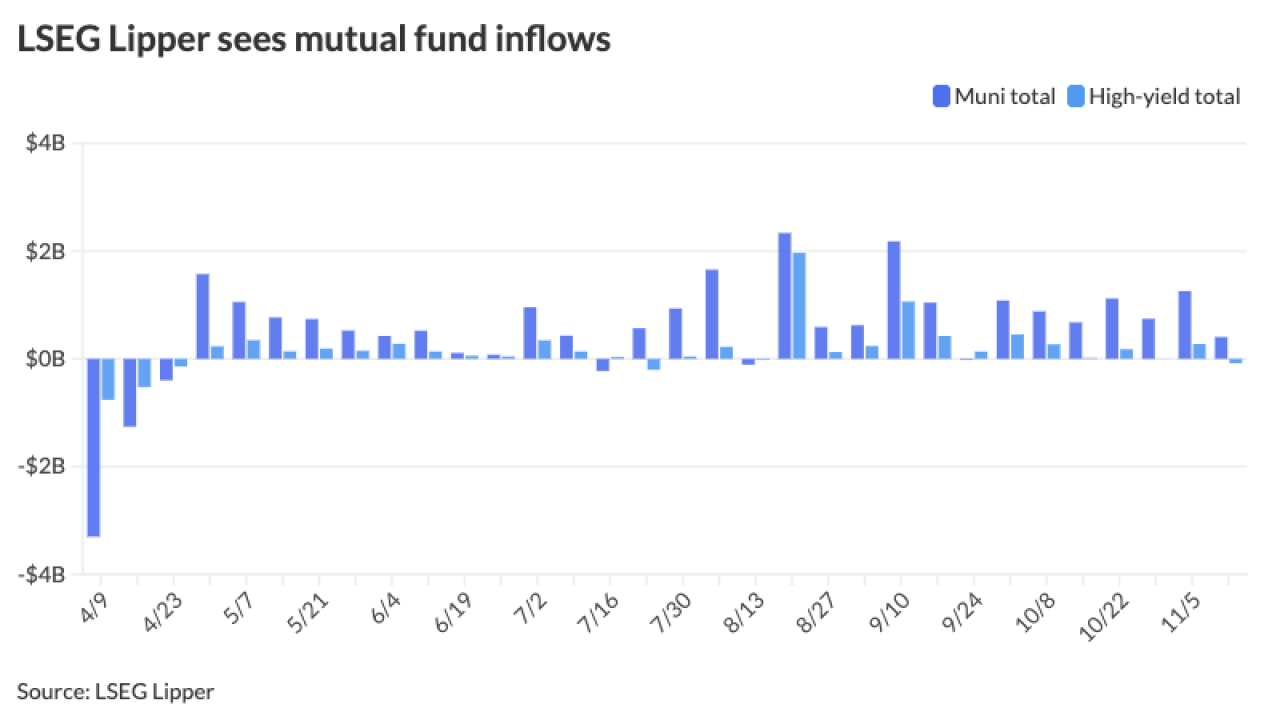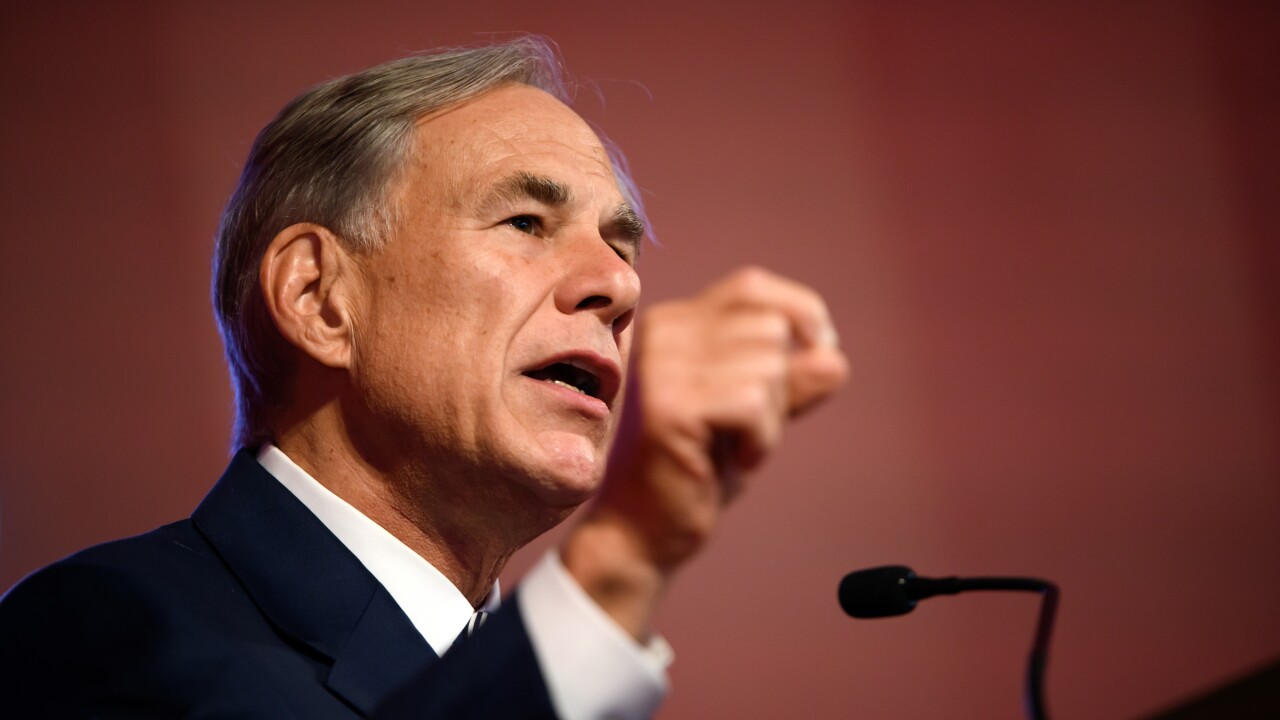ATLANTA — The head of the Internal Revenue Service’s tax-exempt bond office said yesterday that it’s premature for issuers to focus on the number of Build America Bond audits the IRS will conduct because the office is still gathering as much information about BABs as possible and ultimately wants to devote its energies to finding true abuses in the muni market.
Clifford Gannett, the head of the TEB office, made the remarks — the latest attempt by federal officials to calm BAB issuers’ concerns that they could face an extremely high risk of an IRS audit — during a panel discussion on post-issuance compliance at the Government Finance Officers Association’s annual meeting here.
“At this point, it’s premature for us to be able to know … what exactly will happen on the examination side,” he said. “I can assure you that once we do engage in enforcement activity in this area, it will be after deliberation, training, and we will be prepared to do that job as it should be done.”
His comments echoed those made last week by Steven Miller, the IRS deputy commissioner for services and enforcement.
Miller backed away from statements made last month by another IRS official who said up to 50% of BAB deals could be audited, saying instead that it is “way too early” to determine the audit rate on BABs.
Gannett said his office is currently focused on gathering information from compliance check questionnaires sent out to every BAB issuer, but emphasized that those are not audits.
The questionnaire has worried issuers because it asks what they are doing to track the pricing of their bonds, which is not traditionally something they do.
The queries appear to be exploring whether “flipping” is occurring with BABs. Flipping occurs when dealers or institutional investors purchase bonds and then immediately resell them to retail investors at higher prices.
Flipping has been a topic of controversy in the tax-exempt bond market in recent years, but has taken on heightened importance with BABs because the federal government is making direct payments on the bonds and has an interest in how they are priced.
Gannett emphasized that the “heart” of his office is focused on seeking out abuse in the muni market.
“We’re looking for the outliers. We’re looking for the bid-rigging, for the pay to play, for the price fixing,” he said. “Those are areas where I think everyone in this room has an interest … We need to make sure that this market is as clean as we can make it.”
On the BAB compliance check questionnaires, Gannett said that thus far only 77% of those that received them have responded — the lowest rate of three recent questionnaires the TEB office has sent to issuers. The other two questionnaires focused on governmental bonds and 501(c)(3) bonds.
Though the IRS promised to audit those who refused to respond to the two previous questionnaires, Gannett said no decision has been made on how to handle BAB issuers that do not respond. The TEB office is supposed to send the BAB questionnaire to every issuer of the debt, but Gannett said some of them have told him that they have not yet received one.
The questionnaires are slated to go out to BAB issuers through Sept. 30, the end of the fiscal year.
The TEB office has not decided if it will continue sending out questionnaires to BAB issuers in fiscal 2011, which starts on Oct. 1, but has asked issuers to weigh in on a revised draft questionnaire that is currently on its website.
That questionnaire asks BAB issuers for even more detailed information, including summaries of their underwriter’s explanation for any prices paid for the bonds sold in the primary market above the initial offering price. It will be sent to new BAB issuers in coming weeks.
Mitch Rapaport, a partner with Nixon Peabody LLP who also spoke on the panel, said that while he appreciated Gannett’s comments, serious questions remain about how issue price should be determined.
“There’s still the substantive issue … of thinking through how you make sure that you’re going to comply with this requirement,” he said. “We’re wrestling every day with what kind of procedures we can put in place and what we can do to ensure both that the bonds are issued at the price they’re supposed to be [issued at and] how can that be documented.”
The issue price is particularly significant because of a tax law requirement that BABs cannot be sold with more than a de minimis amount of premium. Issuers worry that if the premium is too high, the bonds would not qualify as BABs and the IRS could withhold the subsidy payments.
Rapaport said he hopes that if an issuer exceeds the premium limit by a slight amount, it will be able to proportionally reduce its subsidy payment instead of having it entirely withheld.
Gannett said his office is considering a recent advisory committee recommendation that would allow issuers to receive proportionally reduced payments if they find a portion of their bonds did not qualify as BABs.
The committee also recommended allowing issuers to refund any portions of their payments to the IRS that they received for BABs that inadvertently did not comply with requirements.





